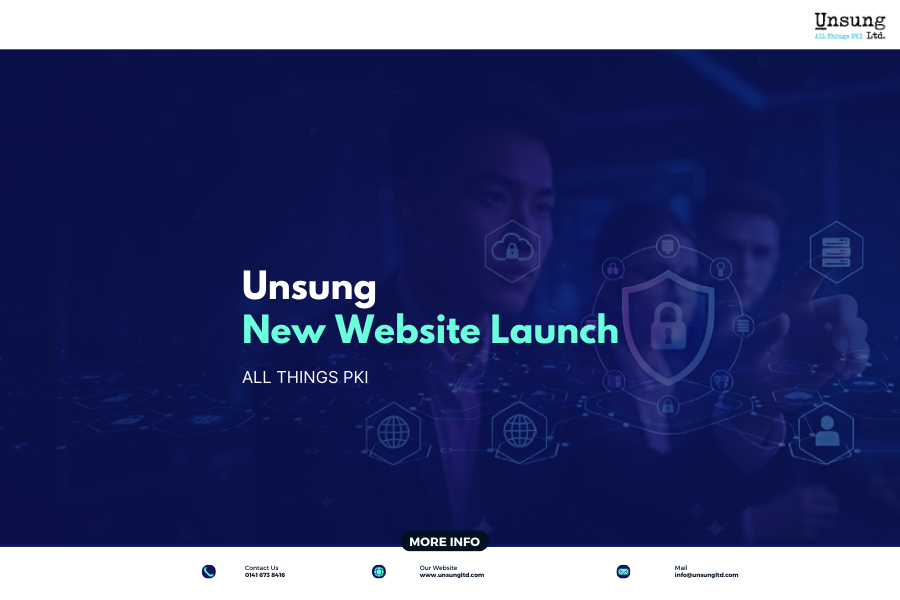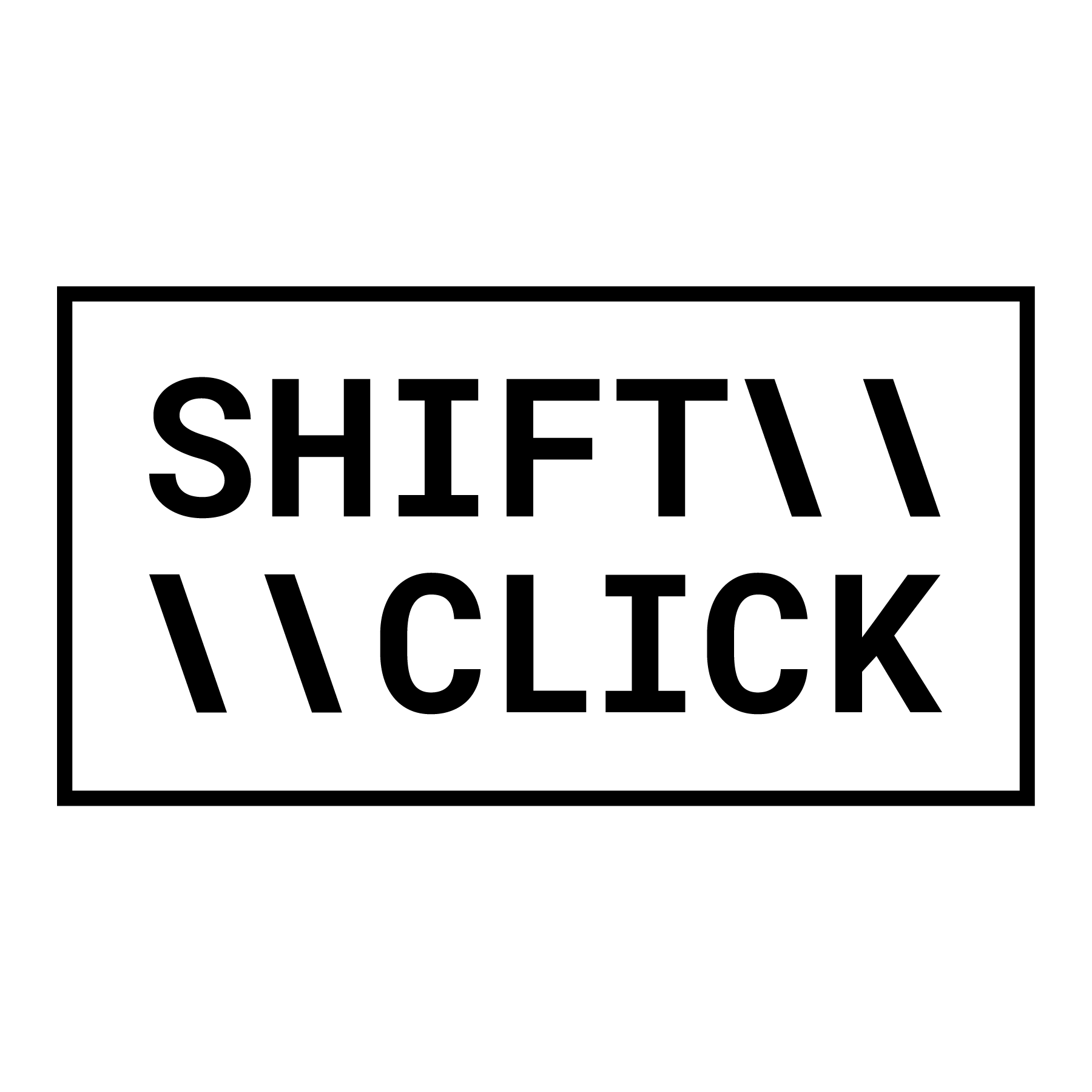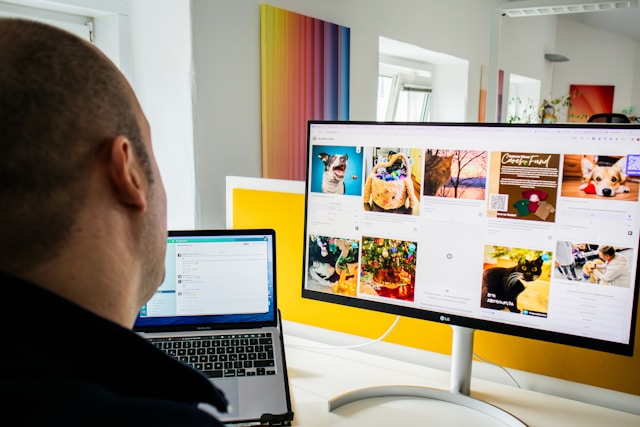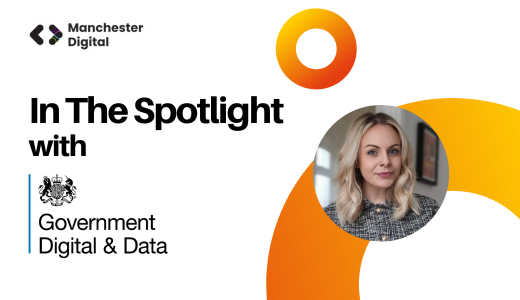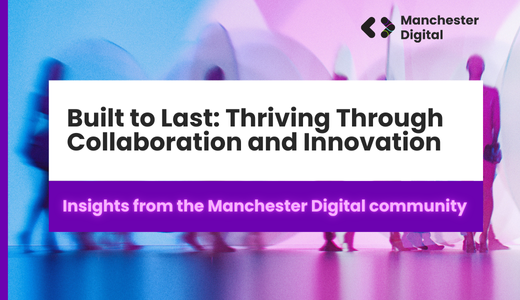For Manchester to be the world-leading digital hub it’s capable of being, the region has to be at the forefront of innovation – unlocking the potential of tech such as blockchain, as and when it arises. But what is blockchain and what will it mean for our region?
Understanding blockchain technology
Whenever fintech is mentioned, blockchain, understandably, comes to mind. Understandable because a 2016 report from the World Economic Forum stated that blockchain will “fundamentally change the way financial institutions work”.
But what is blockchain?
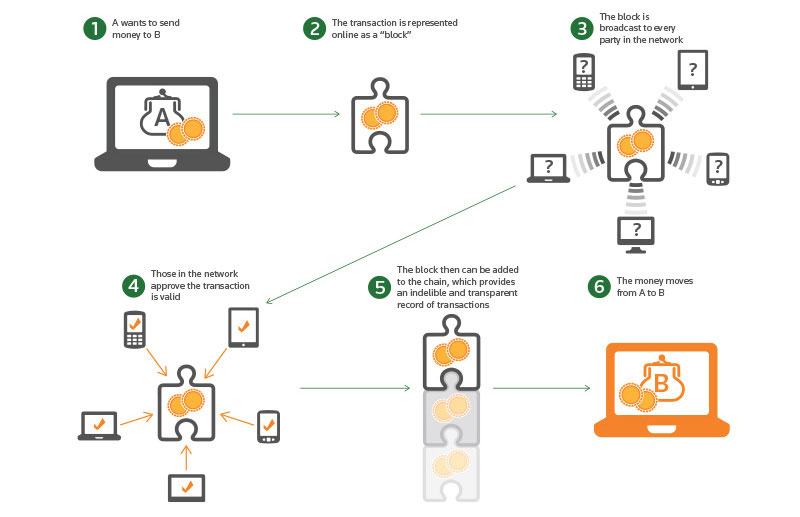
Put simply, it is a refined method of relaying and verifying information. It was first developed in 2008 as the infrastructure behind Bitcoin but has since proved to have a far wider remit than it’s creators imagined possible.
Blockchain expert, William Mougayar, compares blockchain to a Google Doc in that it allows users to have access to the same document, at the same time, in a way that is visible to both parties – thus negating the need to send and resend the document back to confirm changes and check revisions.
In finance, this concept comes to life when we consider an international bank transfer. Traditional methods usually take 3-5 days with both parties waiting for each bank to process the transaction and pass it on the next. In comparison, blockchain would allow this transaction to take place instantly in a cost-effect, encrypted, fully traceable and timely manner.
What can blockchain achieve?
By enabling companies and individuals to settle contracts and transactions quickly and efficiently, removing the need for intermediaries blockchain will enable a huge reduction in the cost of transactions.
This has knock-on effects for many industries such as property – the UK’s first recorded blockchain property transaction took place in, where else, Manchester. We also see experts predicting blockchain will help tackle global social issues by providing financial inclusion to currently impoverished regions.
What will blockchain mean for Manchester?
In short, anything we want it too. To answer this question, and a few others we caught up with James Morgan of BlockRocket and Dr Somayeh Taheri of UrbanChain.
Both believe that Manchester has a real opportunity to show off its digital prowess by working together to be an early adopter and pioneer of blockchain.
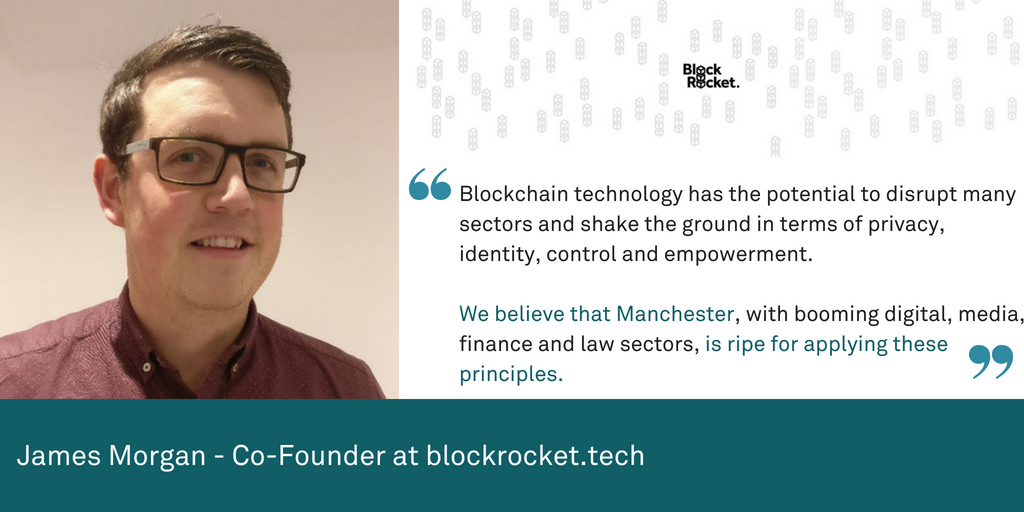
James Morgan - Blockchain technology has the potential to disrupt many sectors of industry and shake the ground in terms of privacy, identity, control, and empowerment. We believe that Manchester, with booming digital, media, finance and law sectors, is ripe for applying these principles.
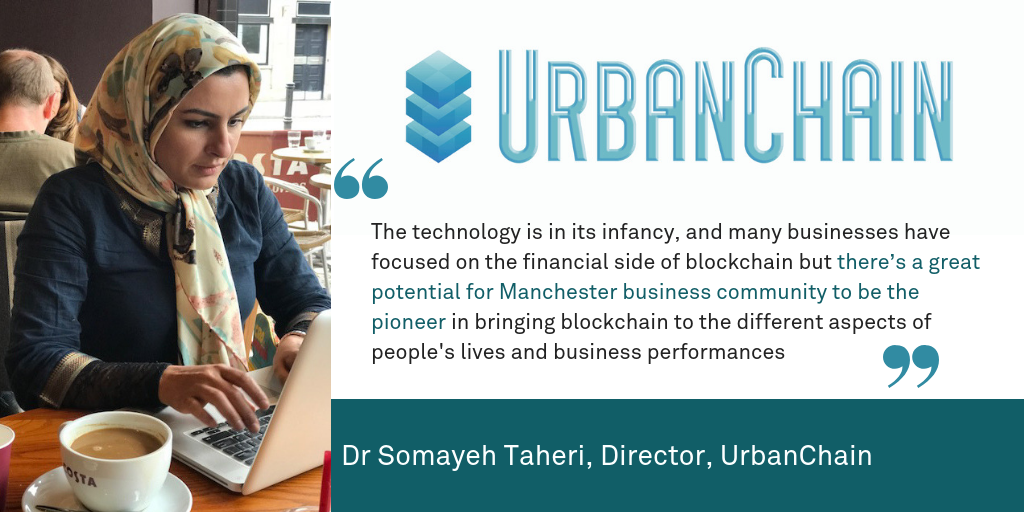

Dr Somayeh Taheri - The technology is in its infancy, and many businesses have focused on the financial side of blockchain but there’s a great potential for the Manchester's business community to be the pioneer in bringing blockchain to the different aspects of people's lives and business performances
What blockchain tech is already being implemented, and what can we expect to see next?
James Morgan - Blockchain is in its second stage of evolution – we expect to see this quickly evolve over the coming years. Scalability is a hot topic with various companies and bodies around the world trying to solve this in various ways. The most prominent areas which are currently being developed are non-fungible tokens, securitisation, and identity.
Non-fungible tokens allow for unique assets to be generated and sold on the blockchain, representing things such as arts, licensing and traditional securities/financial products to just name a few.
Securitisation is also a hot topic, coming from the ICO craze in 2017, we see a movement of start-ups and companies offering traditional securities but issued and traded on blockchain technology.
Identity or self-sovereign identity is a movement to empower the end user and allow them to be responsible for their own online and digital identities.
Dr Somayeh Taheri - For me, the main focus has been on the financial sector and trading ICOs – Initial Coin Offerings. This is due to the first application of blockchain, Bitcoin. The virtual currency systems have eschewed a central authority for issuing currency, transferring ownership, and confirming transactions. This is great in many senses! It means lower transaction costs, accessibility to finance from everywhere, and trust and transparency in the financial sector.
On the other hand, true blockchain-led transformation of business and government is still many years away. That’s because blockchain is NOT a disruptive technology, which can attack a traditional business model with a lower-cost solution and overtake incumbent firms quickly.
Blockchain is a foundational technology: it has the potential to create new foundations for our economic and social systems. We need to redesign the current markets from the ground up. This needs more time and energy because first, users should understand how innovation works, and secondly, a number of players in different markets including legal and regulatory systems need to get engaged in this fundamental change.
How will blockchain technology will revolutionise the financial services sector?
Dr Somayeh Taheri - Blockchain can improve the financial services sector by speeding up and simplifying cross-border payments. We can also expect to see greater trade accuracy and shorter settlement process. We can look forward to online identity management in banks and other financial sectors as well improvements to the transparency and traceability of transactions thus helping banks to create loyalty and rewards programmes.
James Morgan - We’re working with a few companies that are offering traditional securities with blockchain tech, building platforms which allow these securities to be traded and regulated by using the power of blockchain tech. We’re also aware of other projects developing their own reward and currencies systems aiming to be a borderless, cheap and near-instant global payment solution.
If you have found this article informative or useful, please share it with your network on your social media channels.
